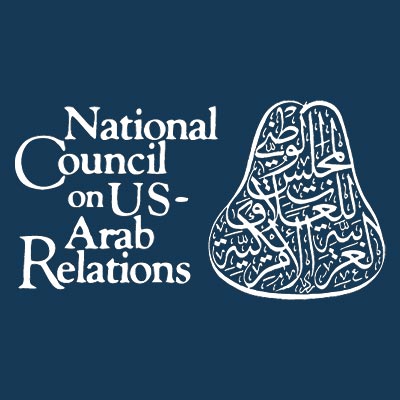Qatar calls Quartet ‘failure,’ seeks Arab peace offer rethink
Source: Arab News (Read full story)
Qatar called at an Arab League ministerial meeting yesterday for a rethink of an Arab offer of normal ties with Israel in return for its pullout from occupied land and branded the international Quartet a failure. “It is logical after 10 years to objectively reconsider the peace process, including the Arab initiative,” said Sheikh Hamad bin Jassem Al-Thani, the country’s prime minister. He called for a “thorough look into developments in the region and the world, and to decide carefully on our future steps and roadmap.” The League has proposed a normalization with the Jewish state in return for its pullout from occupied lands, notably the Palestinian territories.
…
Saudi Is World’s Largest Market For Islamic Assets
Source: Gulf Business (Read full story)
Saudi Arabia is emerging as the largest market for Islamic assets, according to a new report by Ernst & Young. According to the report, Saudi Arabia, with an estimated $207 billion of Islamic assets in 2011, was ranked first in the world. Malaysia was ranked second with total assets of $106 billion and UAE ranked third with total assets of $75 billion. The top 20 Islamic banks hold over 57 per cent of global Islamic banking assets, and registered a growth of 16 per cent in the last three years, said E&Y.
…
Washington committed to Bahrain naval hub
Source: Gulf News (Read full story)
Senator John McCain said Washington is committed to keeping its Gulf naval hub in Bahrain despite the recent unrest in the kingdom. McCain, the ranking member of the Senate Armed Forces Committee, said the US has “too much invested” in Bahrain to consider shifting the Navy’s 5th Fleet to another country. The 5th Fleet is the Pentagon’s main counterweight to Iran’s expanding military presence in the Gulf.
…
Saudi Arabia Says Aramco Cyberattack Came From Foreign States
Source: Bloomberg (Read full story)
…
U.S. Defense Secretary Leon Panetta and other American officials have suggested that the Aramco attack is evidence of a brewing global cyber war, one in which countries including Iran are improving their ability to target companies and governments. The virus destroyed data on servers and erased hard-drives on individual computers.
Aramco has purged the computer virus from its network and taken steps to prevent further security breaches, al-Turki said. Al-Saadan said none of the company’s employees or contractors were complicit in the attack, which had no effect on output of crude oil or refined products.
…
Women on every UAE board, rules Cabinet
Source: The National (Read full story)
The UAE Cabinet yesterday made it compulsory for corporations and government agencies to include women on their boards of directors. The historic decision was announced on Twitter by Sheikh Mohammed bin Rashid, Vice President of the UAE and Ruler of Dubai. “Women proved themselves in many workplaces and today we want them to have a strong presence in decision-making positions in our institutions,” Sheikh Mohammed tweeted. Very few nations have implemented such far-reaching regulations to ensure women are represented on boards of directors.
…
Gulf warned over threat from Islamists
Source: Gulf Daily News (Read full story)
Chairman of the Jeddah-based Gulf Research Centre, Dr Abdulaziz Sager, warned it signalled a spread of extremism. He added terrorist groups were now using Yemen as a base from which to conduct operations and called on the GCC to intervene.”They are using Yemen as a platform to launch their operations,” he said. “The GCC governments should look into this issue seriously. “On the other hand, we see the rise of Islamist parties in the region – which is a signal for GCC governments to be careful.”
…
Fractious Doha talks may bode ill for 2020 deal
Source: Arab News (Read full stories)
…
Battered and bruised, negotiators applauded as conference chairman Abdullah bin Hamad Al-Attiyah of Qatar rushed through a package of deals he called the Doha Climate Gateway this week. The package gave a second life to the Kyoto Protocol, albeit in a watered-down form — placing binding emissions cut targets on the European Union and 10 other developed countries jointly responsible for about 15 percent of the world’s emissions. While there is relief that Doha delivered some kind of a deal, many worry it has not laid down a firm enough foundation.
…

